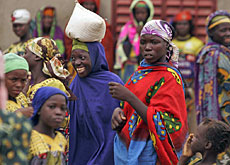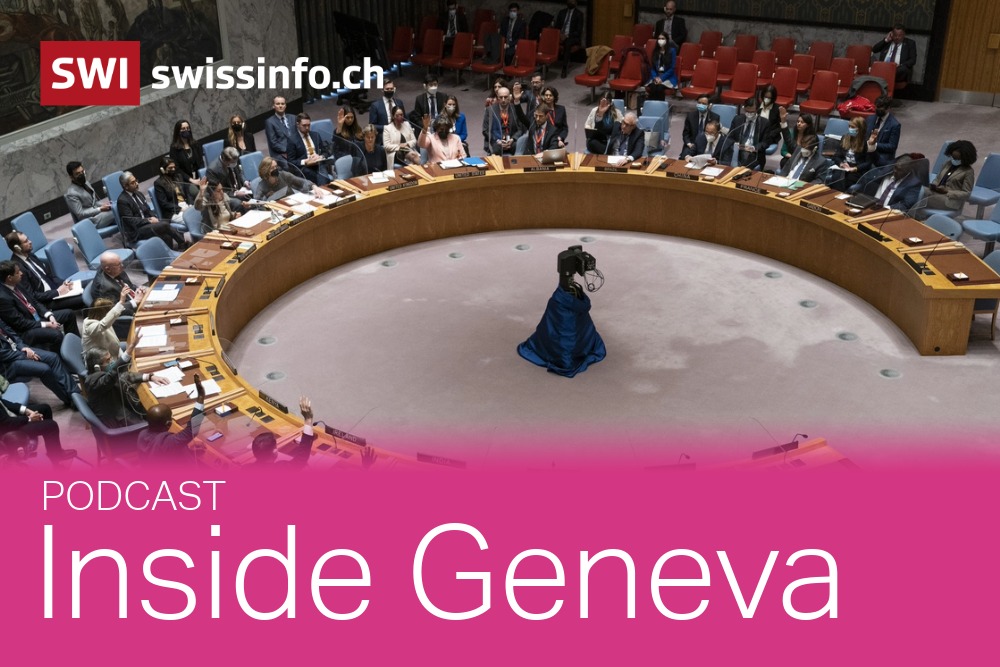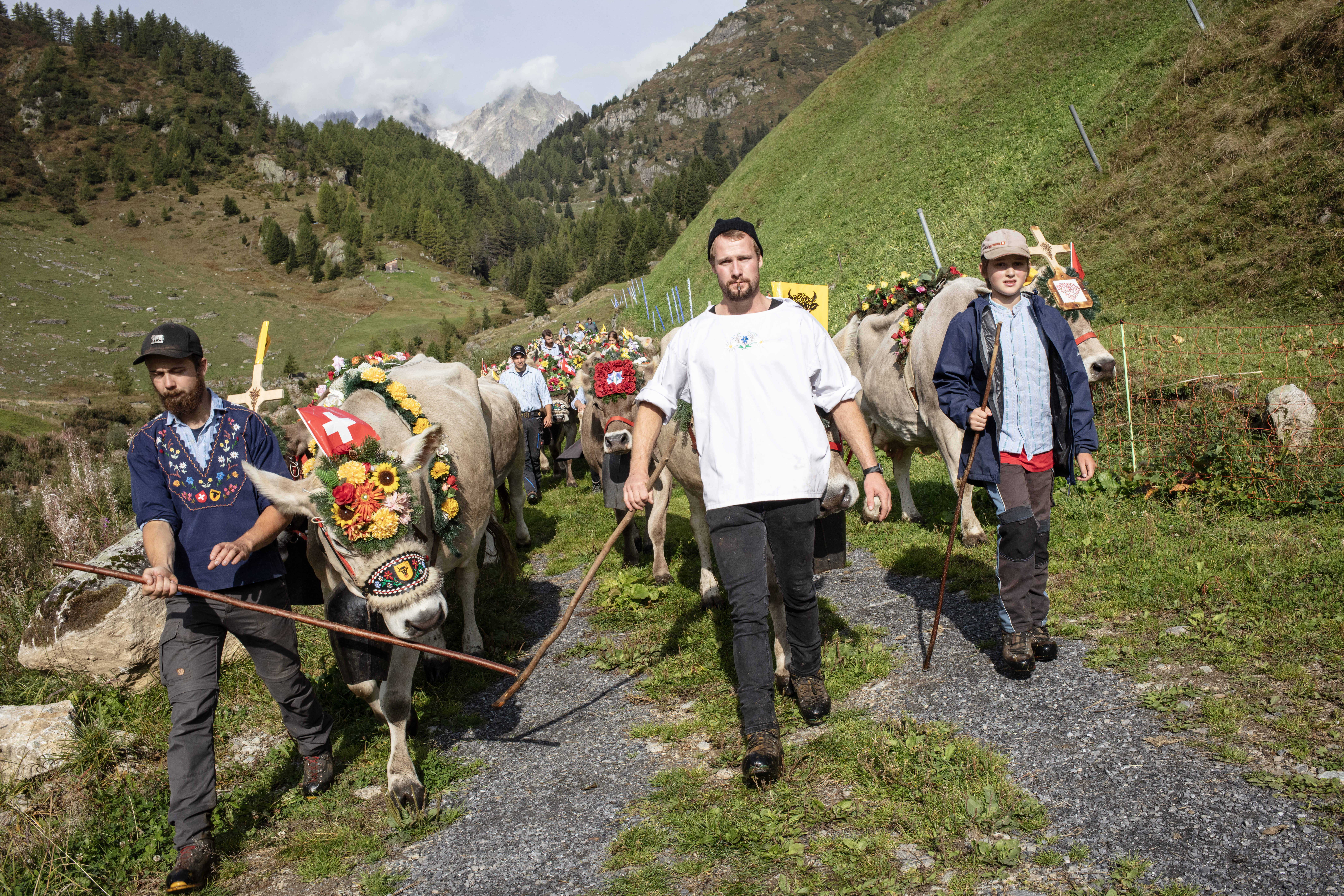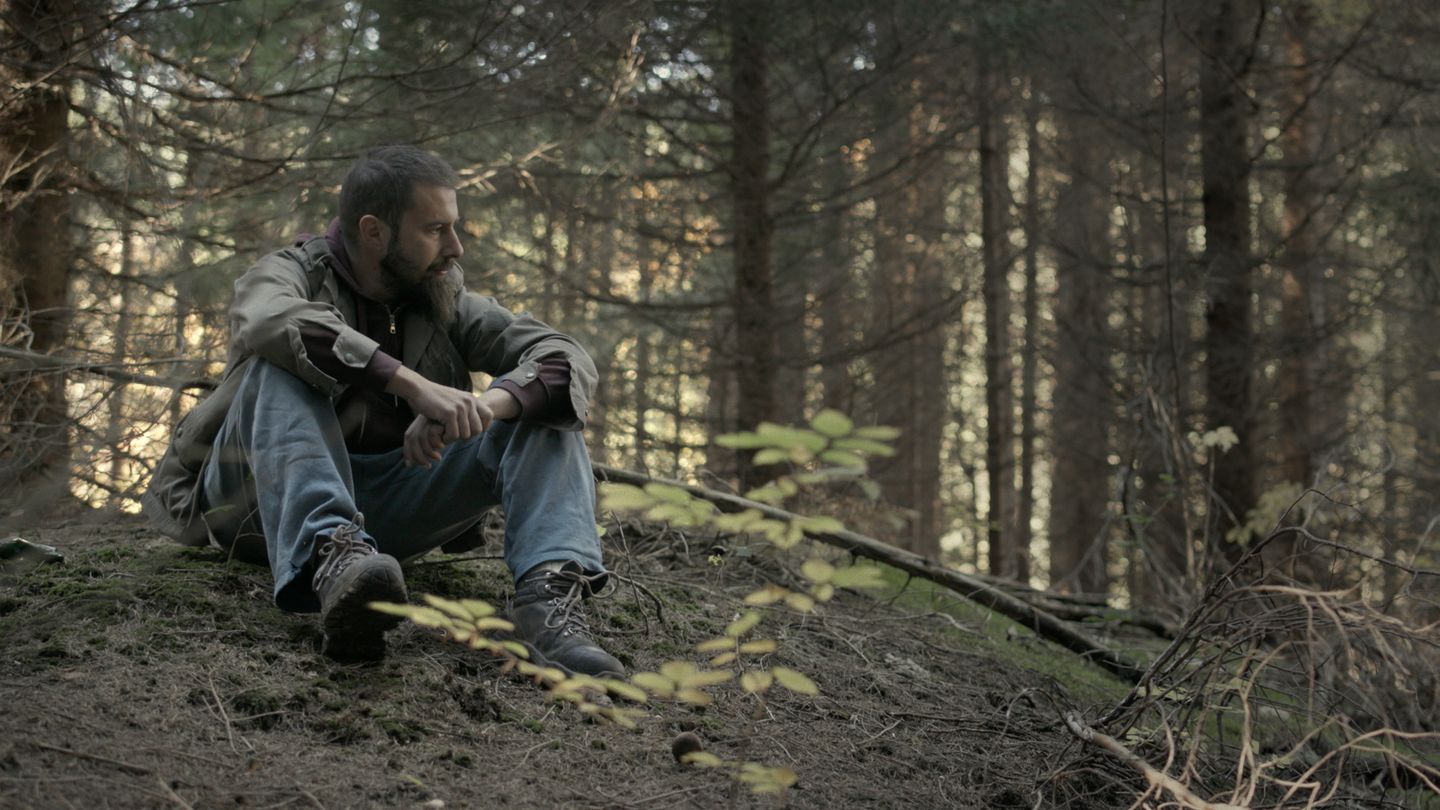
Calmy-Rey defends African aid policy

Foreign Minister Micheline Calmy-Rey says Switzerland needs an active development aid policy, particularly for Africa, to face the challenges of a globalised world.
She said there was no “miracle remedy” for the continent but stressed that despite its huge problems, Africa had made progress.
Calmy-Rey, from the centre-left Social Democrats, noted that Africa had doubled agricultural production over the past 30 years, more children were going to school and access to drinking water had improved.
Her comments are in stark contrast to reported remarks from rightwing Justice Minister Christoph Blocher who allegedly called aid to Africa into question, even saying that the continent could be left to look after itself.
In other remarks, Calmy-Rey promised that the planned Swiss SFr1 billion ($800,000 million) contribution to the ten new members of the European Union would not be made to the detriment of the developing world.
But a leading aid worker, Jürg Krummenacher, told swissinfo that Switzerland could do much more for the developing world.
He and Calmy-Rey were speakers at a conference in Bern on Friday marking the 35th anniversary of the Swiss Alliance of Development Organisations (Alliance Sud).
Constructive cooperation
The Swiss foreign minister said a strong development policy would increase Switzerland’s ability to act.
It would also contribute to creating constructive forms of international cooperation, solving worldwide problems and to taking sustainable development seriously.
She said problems with security, the environment, trade and health in today’s world were only going to be solved with the involvement of developing countries.
Calmy-Rey described the challenges facing Africa – the subject of the conference – as “enormous”, adding that most of the continent’s states would not meet the United Nations Millennium Development goals.
“There are 29 million people infected with HIV in Africa… At the end of this decade 40 million children in Africa could be orphans,” she warned.
Cost savings
The minister also took the opportunity to try to persuade Swiss voters that the planned SFr1 billion contribution to the new members of the EU was an act of solidarity that would be financed by cost savings.
“I know that many among you are concerned that that these savings will be made at the expense of development aid to the poorest.
“I can put you at your ease… I promise that we are taking nothing from the poorest of the poor to pay our contribution to the construction of Europe.”
Do more
Jürg Krummenacher, the president of Alliance Sud, said Switzerland could do more in its official development aid.
“It is certainly not enough because Switzerland pays only about 0.4 per cent of its Gross Domestic Product in development aid. We are far away from the 0.7 per cent that has been agreed by the United Nations,” he told swissinfo.
Krummenacher, who is also director of the Swiss branch of the Catholic charity Caritas, said there now had to be a rethink about aid to Africa.
“We now have to re-orientate help to Africa so that the main aim is to reduce poverty all over the continent… Help in the past didn’t really aim to do that.”
Huguette Akplogan-Dossa, national coordinator of the non-governmental organisation Social Watch in Benin also called for more thought about how development aid was spent. She called in particular for more spending on education.
“Public development aid practically neglected the financing of education until the 1990s.”
“In relation to total development aid, aid to education accounted for an annual average of 3.1 per cent between 1990 and 1995, and 4.8 per cent between 1996 and 2000,” she noted.
She called for improved cooperation among donor countries and more transparency about where funds were actually going.
swissinfo, Robert Brookes
In 2005 Switzerland gave SFr2.206 billion to development aid.
The figure includes the budgets of the Swiss Agency for Development and Cooperation, the State Secretariat for Economic Affairs, international peacekeeping missions, direct contributions to United Nations agencies and aid from cantons and communes.
Also included is SFr178 million spent on asylum seekers and SFr279 million of cancelled debts of poor nations.

In compliance with the JTI standards
More: SWI swissinfo.ch certified by the Journalism Trust Initiative





























You can find an overview of ongoing debates with our journalists here . Please join us!
If you want to start a conversation about a topic raised in this article or want to report factual errors, email us at english@swissinfo.ch.